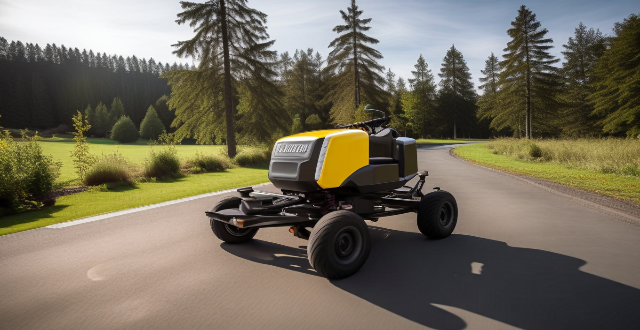Brushless motors can be used in drones and offer advantages such as higher efficiency, longer lifespan, better control, and higher power output. However, they also come with disadvantages like higher cost, more complex design, and compatibility issues. Pilots should consider these factors when choosing between brushless and brushed motors for their drones.

Can Brushless Motors Be Used in Drones?
Introduction
Brushless motors are becoming increasingly popular in the drone industry due to their efficiency, reliability, and performance. In this article, we will explore the advantages and disadvantages of using brushless motors in drones.
Advantages of Brushless Motors
Efficiency
- Higher efficiency: Brushless motors have higher efficiency compared to brushed motors, which means they convert more electrical energy into mechanical energy. This results in longer flight times for drones.
Reliability
- Longer lifespan: Brushless motors have a longer lifespan than brushed motors because they do not have brushes that wear out over time.
Performance
- Better control: Brushless motors provide better control and precision during flight, which is essential for drone pilots who need to perform complex maneuvers.
- Higher power output: Brushless motors can produce higher power output than brushed motors, which allows drones to carry heavier payloads or fly faster.
Disadvantages of Brushless Motors
Cost
- Higher cost: Brushless motors are generally more expensive than brushed motors, which can increase the overall cost of a drone.
Complexity
- More complex design: Brushless motors have a more complex design than brushed motors, which can make them more difficult to repair or replace if something goes wrong.
Compatibility
- Compatibility issues: Not all drone controllers are compatible with brushless motors, so pilots may need to upgrade their equipment to use them.
Conclusion
In conclusion, brushless motors can be used in drones and offer several advantages over brushed motors, including higher efficiency, longer lifespan, better control, and higher power output. However, they also come with some disadvantages, such as higher cost, more complex design, and compatibility issues. Pilots should carefully consider these factors when choosing between brushless and brushed motors for their drones.